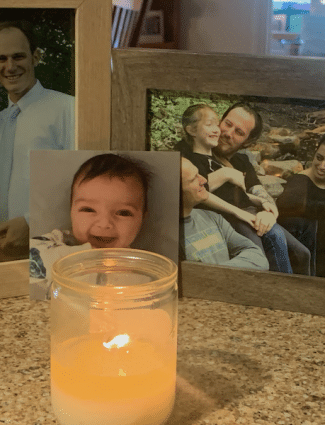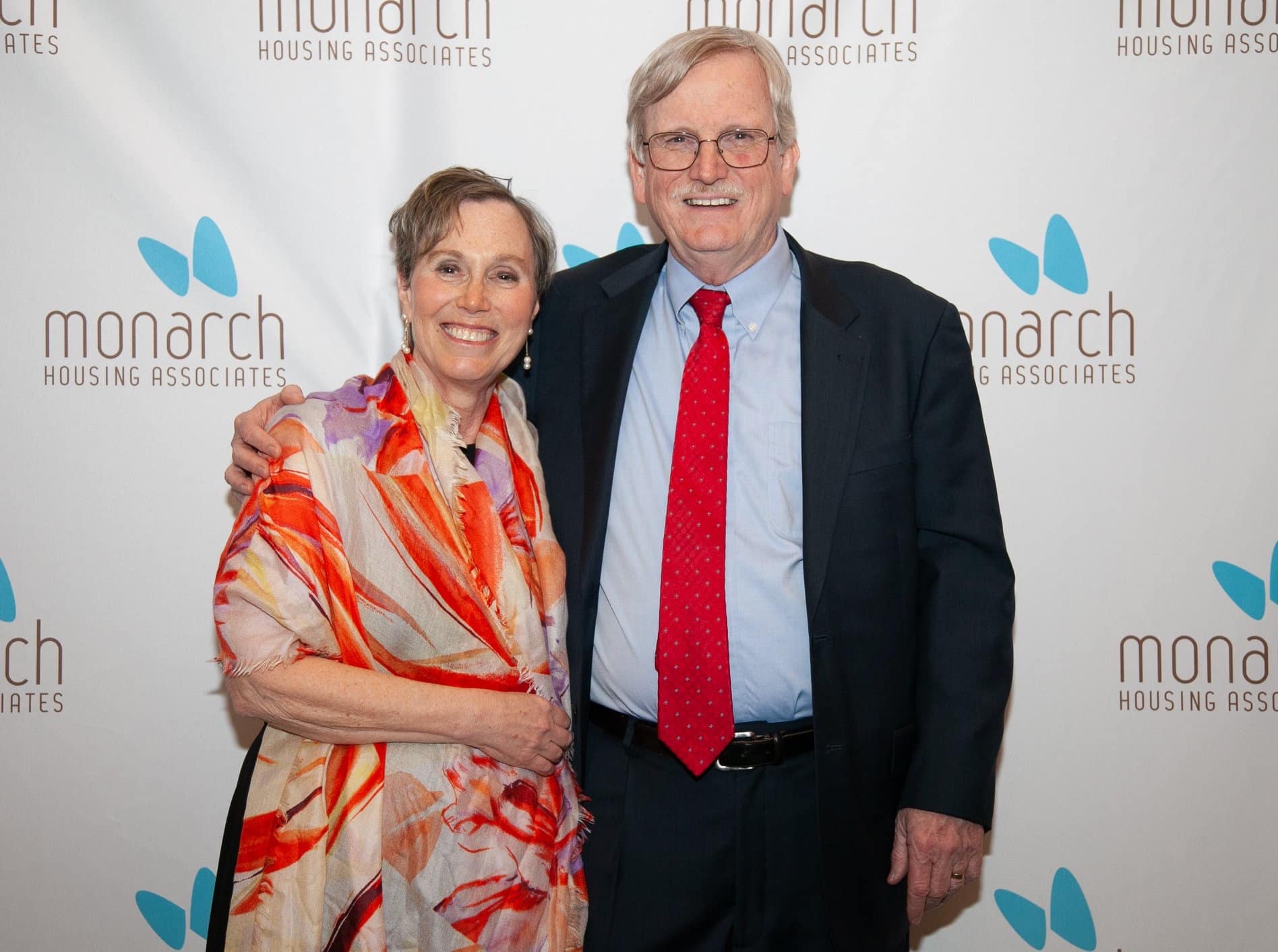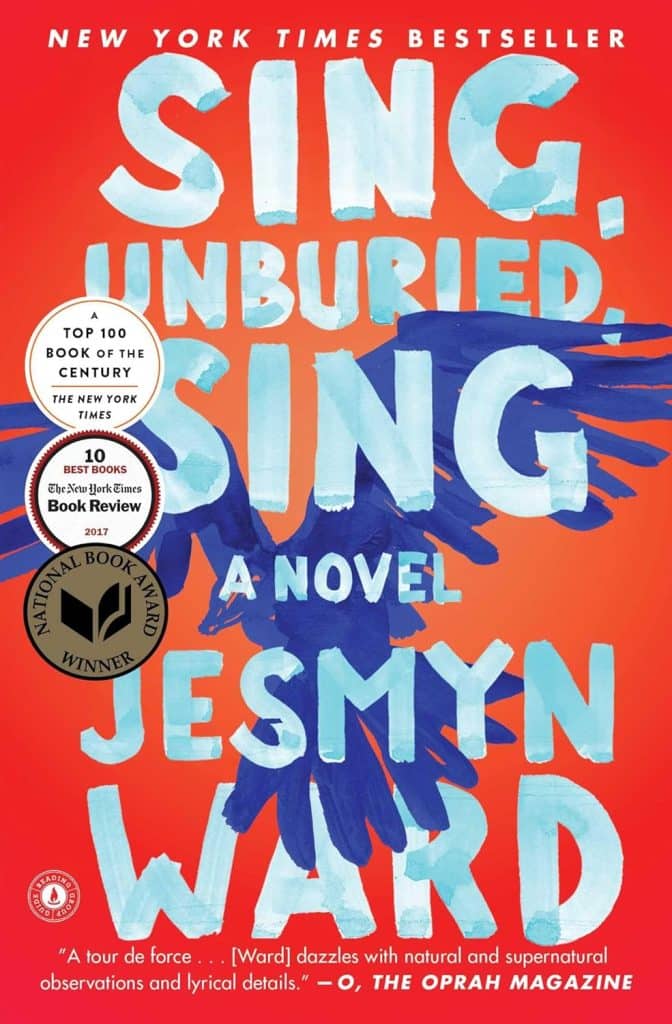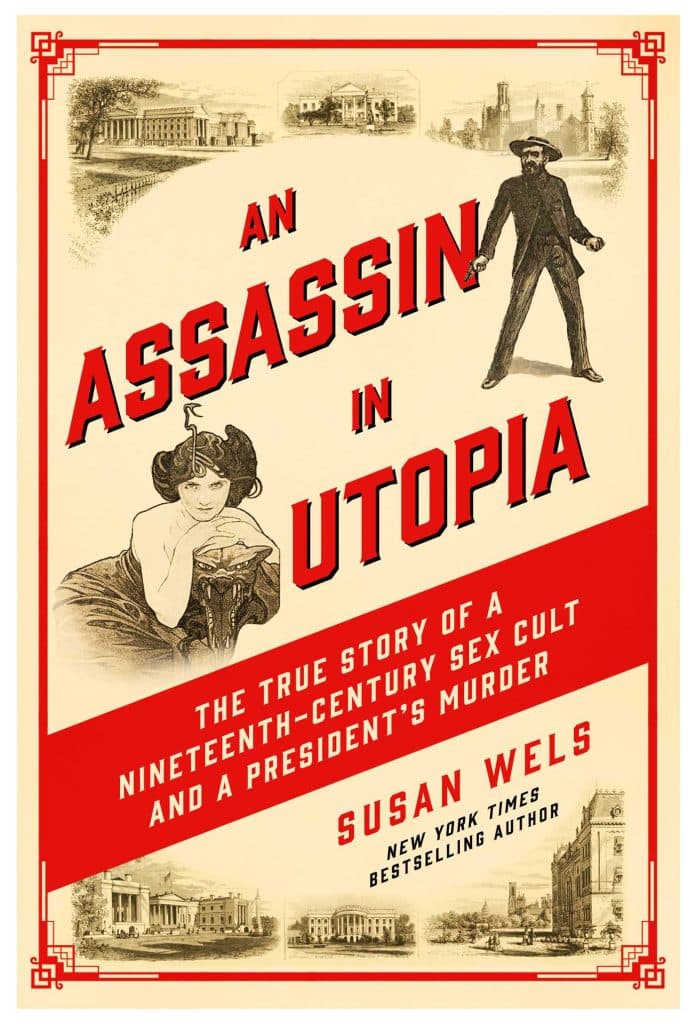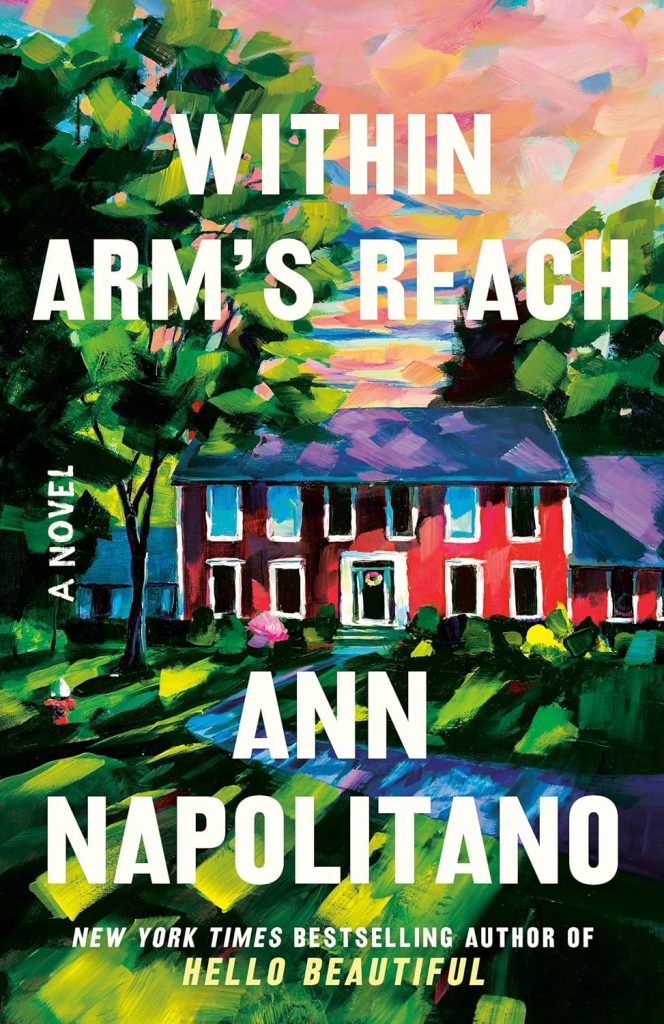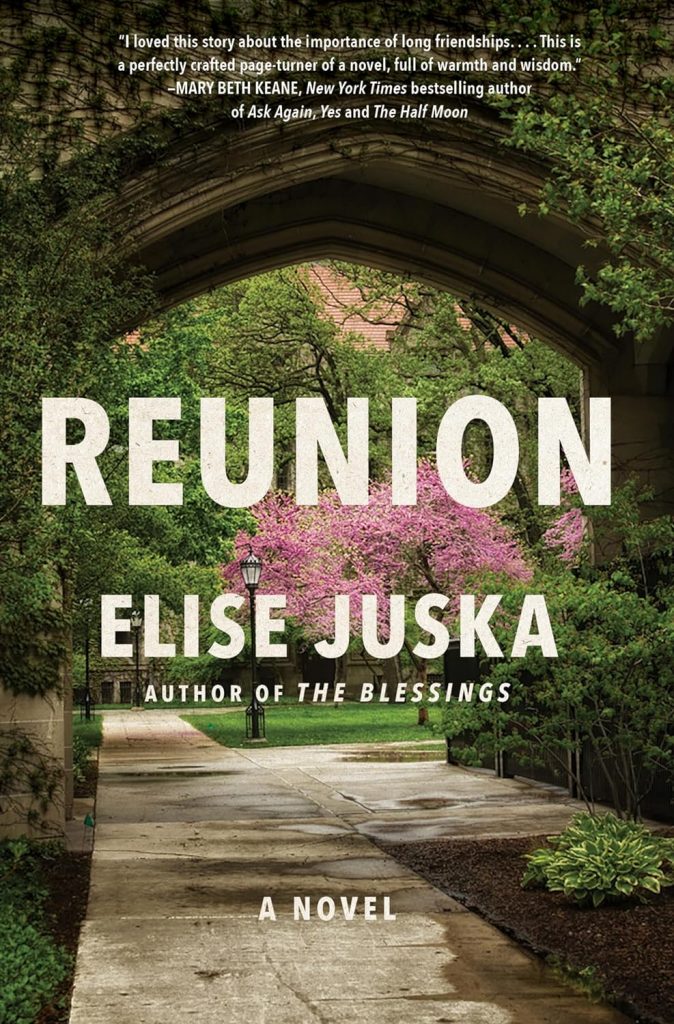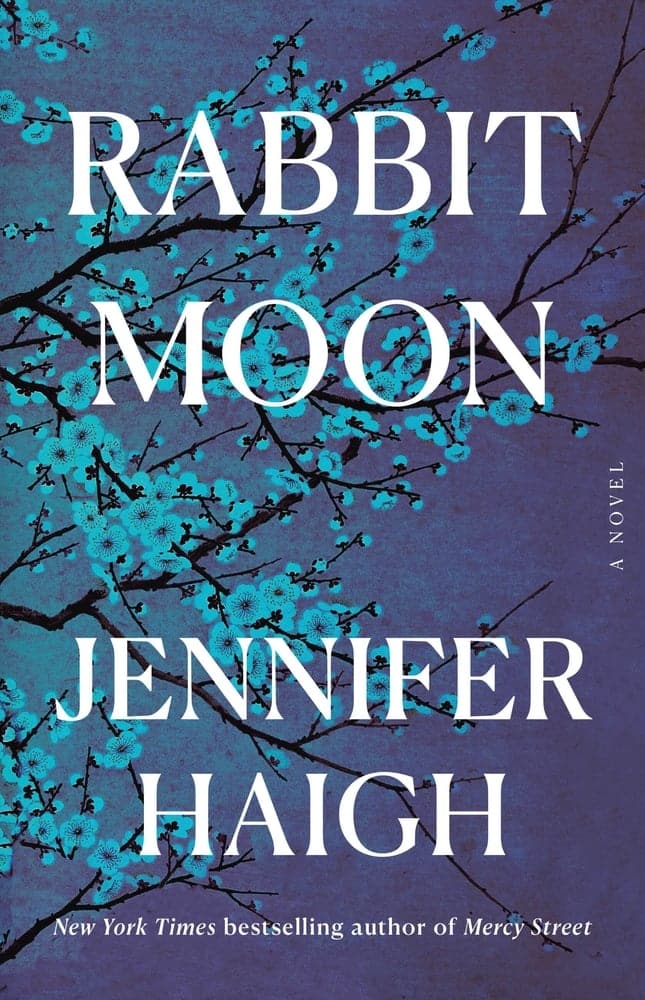
Fingerprints of My Life
Living in the Present, Facing the Future
Estimated reading time: 1 minute, 57 secondsToday was quite unusual compared to my usual Mondays. In the morning, I attended the funeral of the adult daughter of a fellow widow, a woman who had lived a life full of love and laughter. It was a sad and emotional event, a reminder of the fragility of life. Earlier in the day, while walking, I unintentionally did a little Marx Brothers-style vaudevillian stutter step, a comical and unexpected movement that perfectly mirrored the unpredictability of life. Living in the present is my only option, but it can sometimes be frustrating.
I wore my all-purpose suit, which I occasionally call my wedding/funeral suit, to the funeral. It’s a suit that has seen joyous and melancholy occasions, symbolizing life’s dualities. Of course, I do not attend many funerals, but I will wear the suit on the final day. The priest who officiated raised an intriguing question: Where are our fingerprints, our unique imprints of existence, when we look back on our lives?
Am I merely an ordinary man navigating life without leaving a trace? Or have I left behind fingerprints, lasting impressions that will be discovered and connected to me? These questions weigh heavily on my mind as I ponder the significance of my actions and the legacy I will leave. My efforts with Bridges, Hanson Park, the faith community, neighbors, and friends have been focused on making a positive impact. I can only hope it will be enough.
All these thoughts converged when I passed a walker and said, have a good day. My foot stepped off the sidewalk, and when I proceeded to walk, I felt myself falling. In that moment of uncertainty, I was reminded of life’s fragility and the unpredictability of its end. I danced quickly to ensure I would stay standing on the concrete. I was not sure what would happen. As I regained my footing, the thought that crossed my mind was, will this be my last day alive?
I’m here, writing this because I survived the unexpected. The funeral and the faltering steps were stark reminders of life’s brevity. None of us can predict how many days we have left. The wisest course of action is not to embrace the present. If we make that choice, we will be ready for whatever happens, and our actions will tell a story to those we leave behind.


